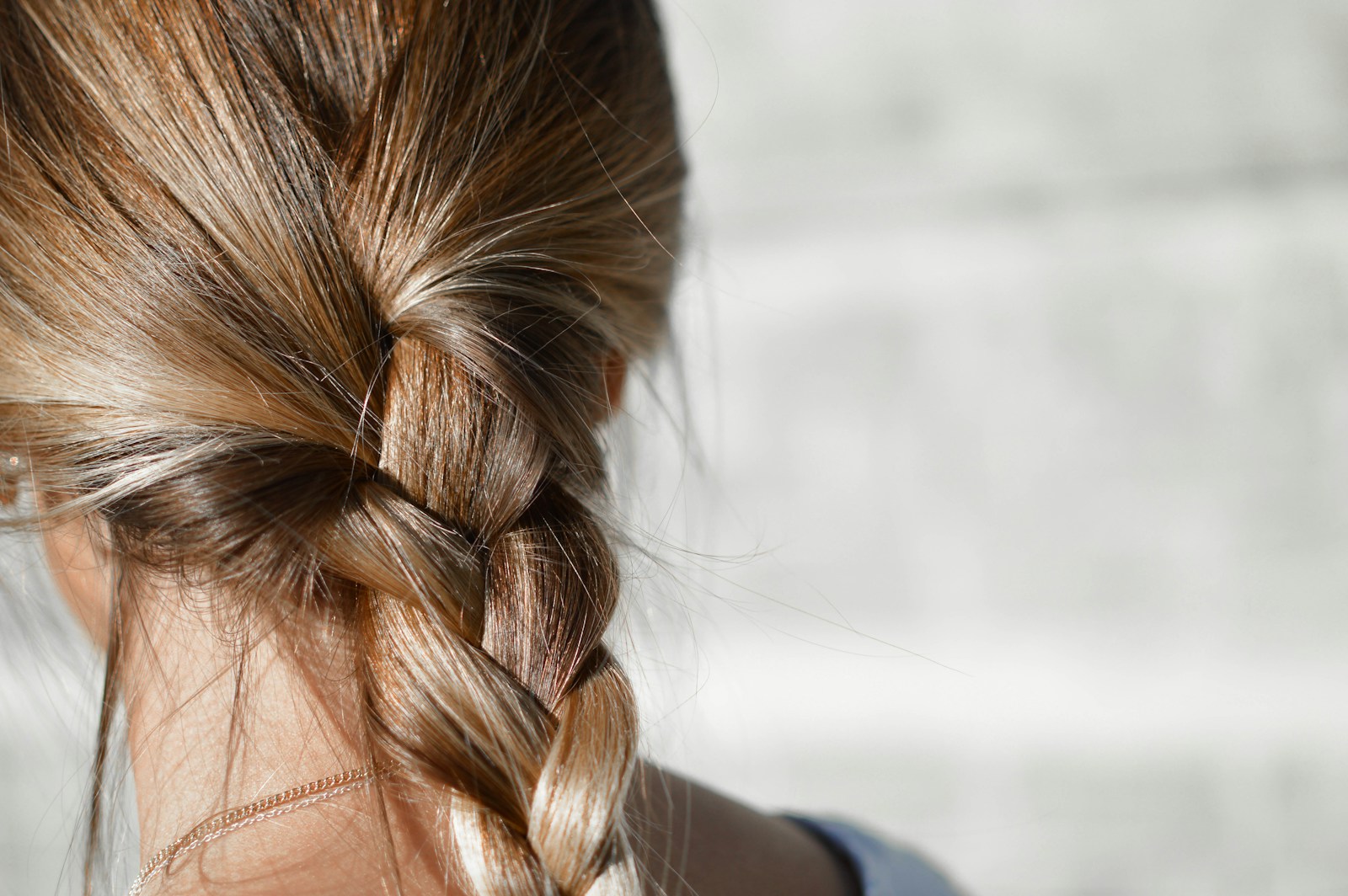
cheveux

hair
The French word for 'hair' is 'cheveux.' In French, 'cheveux' is used to refer to human hair and is always used in the plural form. It is an exception to the general rule because in English, 'hair' can be both singular and plural. For example, you would say 'J'ai les cheveux longs,' which means 'I have long hair,' in French.
Example sentences using: cheveux
Il a des cheveux noirs et épais.

He has dark and thick hair.
In this sentence, 'cheveux' is being used to describe the color and texture of a man's hair.
J'ai besoin de couper mes cheveux.

I need to cut my hair.
In this sentence, 'cheveux' is used to refer to hair. The speaker is expressing a need or desire to get a haircut, which is a common usage of 'cheveux' in French.
Ses cheveux sont si longs et beaux!

Her hair is so long and beautiful!
Here, 'cheveux' is being used to describe the physical characteristic of someone's hair - its length and beauty. This is a common way 'cheveux' is used and described in French.
Il perd beaucoup de cheveux en se peignant.

He loses a lot of hair when combing.
In this sentence, 'cheveux' is being used to describe the amount of hair falling out during a habitual activity in the individual's daily routine.
Les cheveux de ma mère tournent au gris.

My mother's hair is turning gray.
In this sentence, 'cheveux' refers to the hair of the speaker's mother, showing familial relationship while mentioning a change in hair color.
Votre shampooing a rendu mes cheveux trop secs.

Your shampoo made my hair too dry.
In this sentence, 'cheveux' is being used to express the condition of the speaker's hair after using a particular shampoo.
Il n'a presque plus de cheveux sur la tête.

He hardly has any hair left on his head.
Here, 'cheveux' is being used to describe a decreasing quantity of hair on someone's head.
Je veux teindre mes cheveux en rouge.

I want to dye my hair red.
In this sentence, 'cheveux' is used to express the speaker's desire to change their hair color through dyeing.
Les cheveux de cette poupée sont vraiment réalistes.

The hair on this doll is really realistic.
In this sentence, 'cheveux' is referring to the hair of a doll and remarking on its realistic quality.
Elle a des cheveux bouclés.

She has curly hair.
Here, 'cheveux' is being used to describe the hair texture of a third person, in this case, presumably a woman or a girl.